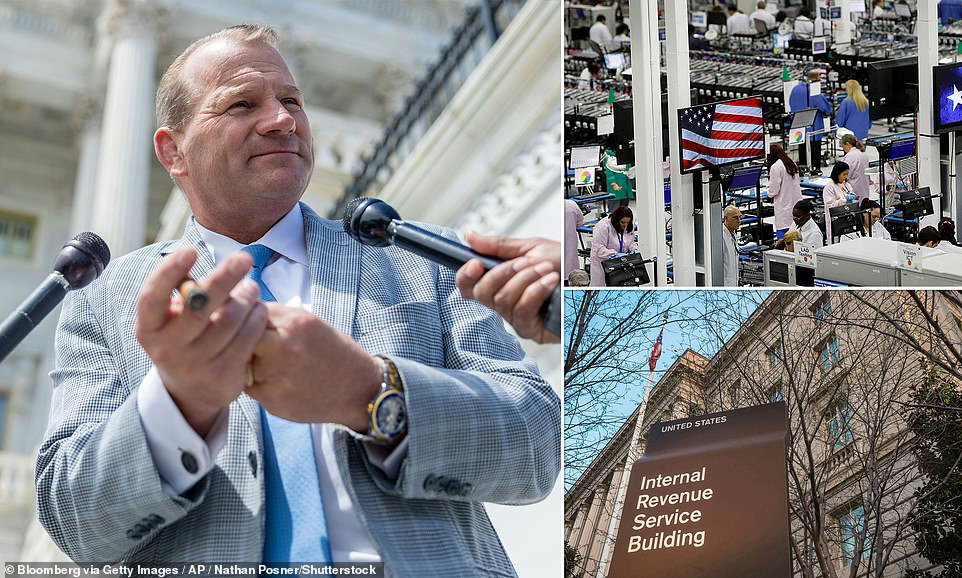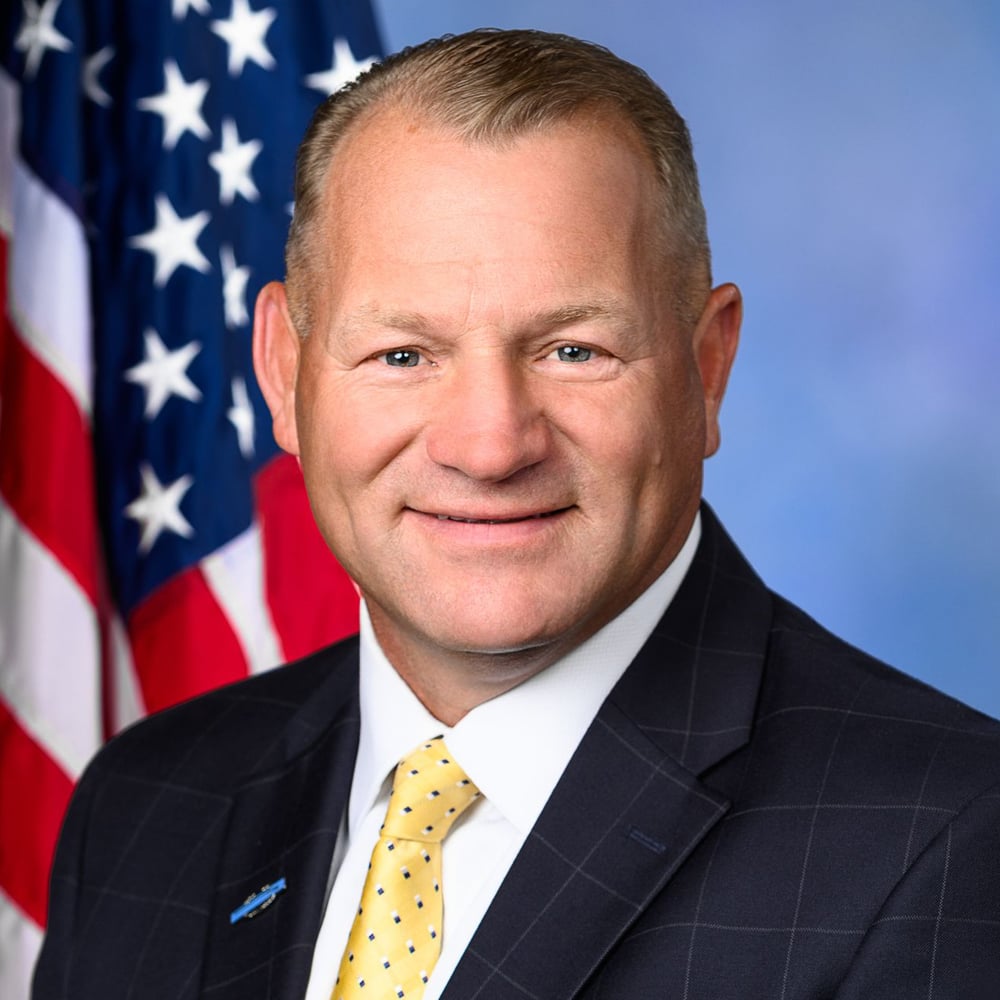Rep. Troy Nehls and Rep. Barry Moore champion the “Spend It At Home Act,” reshaping tax allocation to empower taxpayers and prioritize domestic needs, potentially influencing government accountability and citizen involvement in policymaking.
Rep. Troy Nehls and Rep. Barry Moore Lead Taxpayer Empowerment Effort
Representative Troy Nehls of Texas boldly introduced a bill aimed at reshaping tax allocation named the “Spend It At Home Act.” This proposal aimed to empower taxpayers by allowing them to direct their contributions towards domestic or international endeavors with a simple checkmark on their income tax forms, according to the report of Washington Examiner.
Joining Nehls in this effort was Representative Barry Moore from Alabama, a co-sponsor lending weight to the initiative. American taxpayers had long seen their earnings directed overseas while concerns persisted at home. Nehls sought to channel public voice into the corridors of power with this legislation, challenging the status quo.
At the core of Nehls’s proposal was a response to recent allocations of foreign aid, notably the contentious $95 billion for countries like Israel and Ukraine. House Speaker Mike Johnson’s push for this expenditure faced opposition, even within his own party. The sentiment among Republicans was clear: prioritize domestic needs before foreign aid.
The “Spend It At Home Act” offered taxpayers a way to influence fiscal policy directly.
While Republicans dominated the House, the Senate posed a significant obstacle to its passage. Nehls remained committed to prioritizing America’s interests in believing the data from this legislation would sway his colleagues.

(photo: MSN)
Spend It At Home Act Reshapes Tax Allocation, Empowers Taxpayers: Impact on Government Accountability and Citizen Involvement
Additionally, the “Spend It At Home Act” changed how taxes were allocated and letting taxpayers decide where their money goes. It addressed concerns about foreign aid spending and encouraged discussion about government accountability and citizen involvement in policymaking, potentially shifting power dynamics in Congress. Its impact would shape future governance debates showing the growing role of taxpayers in democracy.

















































